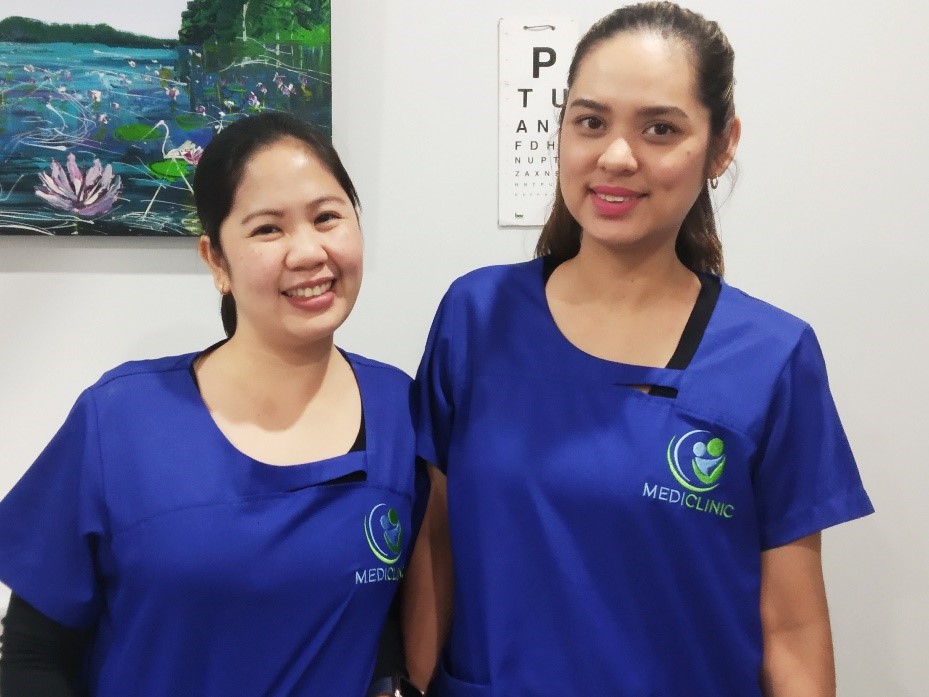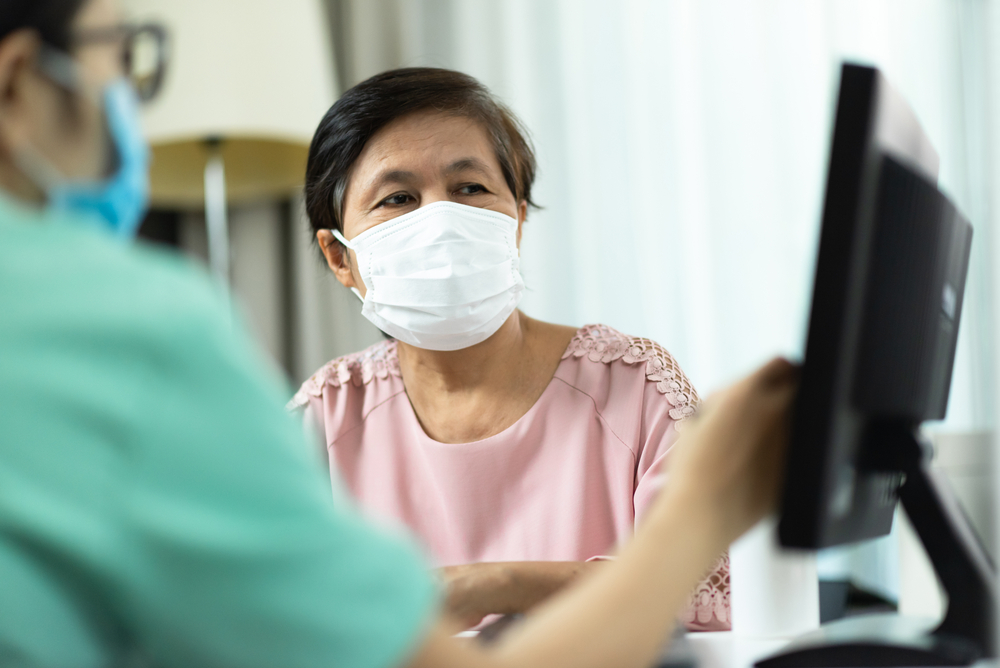Supporting our primary health workforce
We recognise general practice as the cornerstone for primary health care. We play a critical role in supporting general practice to help improve quality patient-centred care.
Our provider support team is dedicated to supporting 480 general practices across the south east which includes an estimated 2,160 general practitioners, including registrars.
As trusted facilitators, we help primary health care professionals to deliver the best care possible – now, and into the future. We believe that together, we can improve the health care system – whether it’s through innovative practice or models of care, better use of data or new ways to embrace digital health technology.
We initiate activities that support continuous improvement in quality, safety and efficiency in all facets of their businesses. This includes, but is not limited to:
- education and online training
- supporting patient data management
- quality improvement and adoption of best practice methods
- cultural awareness and competency
- designing and supporting quality care initiatives
- sustainable business support practices.
SEMPHN’s Provider Support Officers (PSOs) are committed to supporting and engaging general practices across the region through regular practice visits, online communication, business support and by connecting practices to clinical and patient resources and information.

In 2019-20, our PSOs supported around 80 practices to deliver SEMPHN projects including:
- Doctors in Secondary Schools
- Health Care Homes
- Online networking platforms for Practice Managers and Practice Nurses
- Online clinical and referral pathways.
The provider support team also plays a key role in supporting general practices to broaden their services and reach financial or other goals. In 2019-20, SEMPHN supported the establishment of a new sexual health clinic based at Mediclinic in Clayton. By understanding the practice’s goal, the PSO was able to form a connection between the practice and Alfred Health’s Melbourne Sexual Health Clinic.
The clinic, known as the Mediclinic Melbourne Accessible Sexual Health (MMASH), is now operational and supports Sexually Transmitted Infection (STI) testing and treatment, Human Immunodeficiency Virus (HIV), Post Exposure Prophylaxis (PEP) and pre-exposure prophylaxis (PrEP) prescriptions and provides check-ups for people working in the sex industry.

“Our clinic is very thankful for the support we have received from the [provider support] team and from all of SEMPHN. SEMPHN has helped opened up windows of opportunities for us and widened our horizon. We also credit the clinic’s name to SEMPHN! We cannot thank SEMPHN enough for making our dream of establishing our MMASH clinic come true” – Maria, Mediclinic Clayton
Key highlights
- In 2019-20, SEMPHN supported the implementation of the new PIP QI with a 70 percent uptake from general practice
- The provider support team worked closely with the Digital Health team to develop Digital Health roadshows to improve understanding and use of POLAR, Nellie, MyHealthRecord and e-prescription across the region
- In 2019-20, SEMPHN facilitated a total of 16 practice manager and practice nurse network meetings including six virtual meetings during COVID-19 on eight different topics.
- In March 2020, almost 400 general practices responded to a phone survey from SEMPHN, regarding the impact of COVID-19, their capacity and needs.
New ways to support general practice during COVID-19
During COVID-19, PSOs continued to support and maintain engagement with general practices by conducting virtual visits and moving face-to-face education and training to webinars. In addition, practices received daily communication via email and SMS with the latest COVID-19 updates including updated guidelines and support for masks and PPE.
Find out more on what SEMPHN did to support general practice during COVID-19.

Doctors in Secondary School
The Doctors in Secondary Schools Program has been operating for three years. It continues to demonstrate great success in the south east region, working across 18 local secondary schools to provide care to students – including some with very complex needs.

During COVID-19, SEMPHN continued to work closely to support the general practices and headspace centres involved in the program by providing telehealth and some face-to-face care during remote learning.







 Supporting Our Primary Health Workforce
Supporting Our Primary Health Workforce